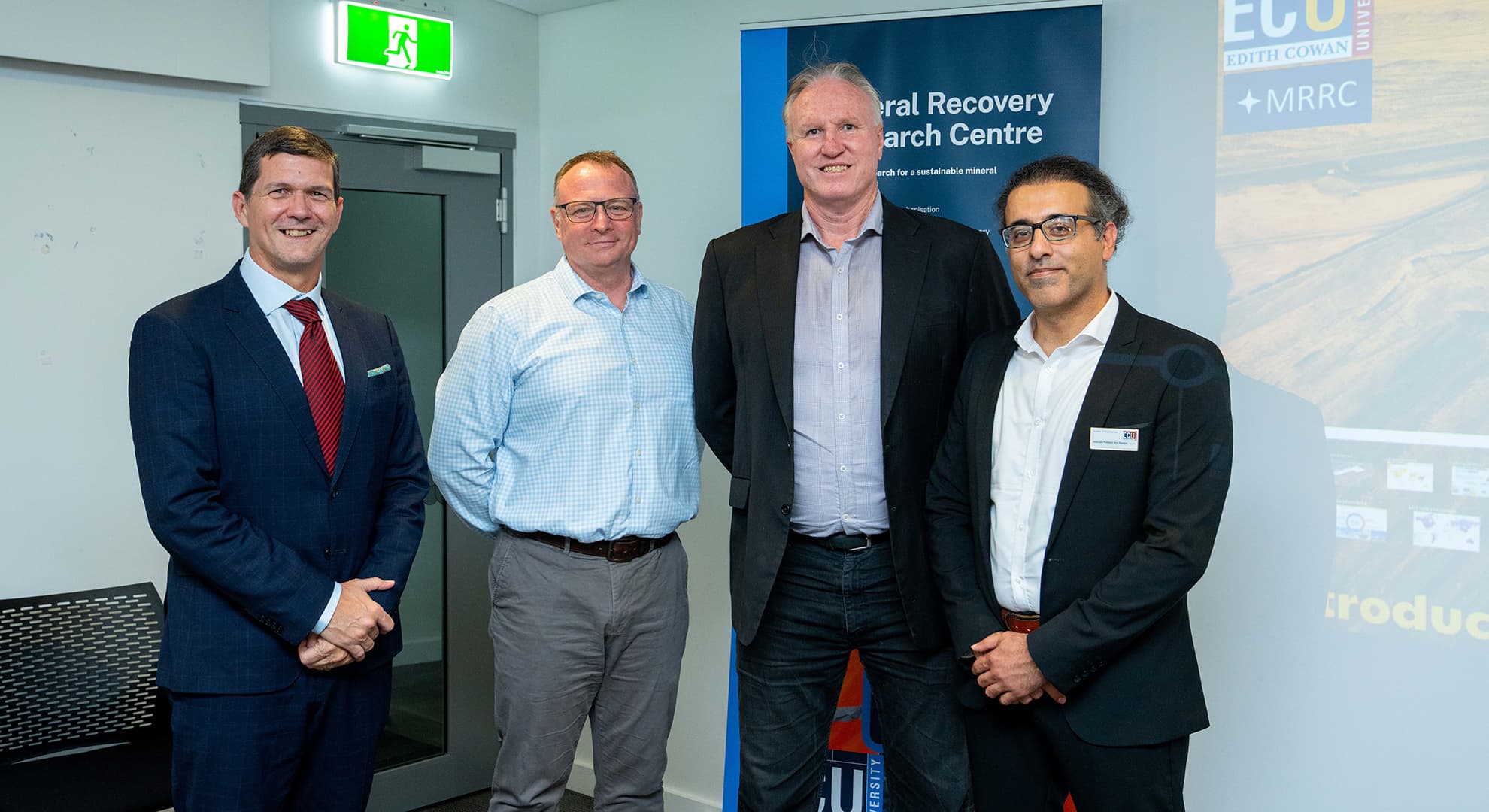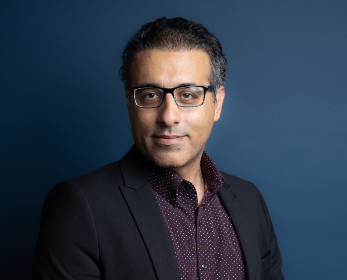Edith Cowan University (ECU) and the Minerals Research Institute of Western Australia (MRIWA) have held a kick-off meeting at ECU Joondalup campus to discuss a $450,000 investment from the State Government toward a new lithium extraction pilot project.
"This is just the first step in an incredibly important venture between ECU and MRIWA," Project Lead, ECU Associate Professor Amir Razmjou said.
"It is set to change the future of direct lithium extraction (DLE). We anticipate the future value for this pilot to expand over time from $4 million in the first five years, and up $20 million at the commercialisation stages."
As dependence on lithium to power electric vehicles, store wind and power solar grows, alternative means to extract lithium from the earth are needed – and soon.
Demand currently sits at around 700,000 tonnes per annum globally. By 2035 that is expected to rise to 4,000,000 tonnes.
While in abundance, extracting lithium has environmental challenges.
"The problem is for every one tonne of lithium chemical we produce it directly results in 15 tonnes of carbon dioxide," Associate Professor Razmjou said.
"Furthermore, lithium requires large amounts of water, to extract one tonne of lithium from hard rock it requires about 60,000 to 80,000 litres of water and can also poison reservoirs and other water sources."
The new technology will also allow by-products to be recirculated, reducing overall costs. This stage of the project will determine how to improve productivity of the process of lithium extraction.
"MRIWA is pleased to be able to support this innovative technology for a critical battery mineral that will reduce the carbon footprint of the value chain," MRIWA Research Portfolio Manager, David Trotter said.
"The ECU team is well placed to make the connection with future Lithium producers who want to produce the best products for its customers."
 ECU's principle is similar to how lithium-ion batteries work.
ECU's principle is similar to how lithium-ion batteries work.
Membrane technology – how it works
Associate Professor Amir Razmjou and his ECU team of chemical engineers are using membranes, which act as filters that allow the transportation of lithium at low energy.
"The nanochannels within the membranes are designed to selectively transport lithium from one side to the other leaving impurities behind," he said.
"This technology enables the selective filtration of lithium ions under an electric field. The principle is similar to how lithium-ion batteries work, shuttling lithium ions between two electrodes."
The kick-off meeting at ECU Joondalup campus was attended by 25 engineering, sustainability and industry leaders, including ECU’s Associate Professor Amir Razmjou, School of Engineering Executive Dean Professor Paulo De Souza, MRIWA Research Portfolio Managers Tim Walton and David Trotter.
"We are undertaking research that meets the needs of the industry, it's not simple research that we decide to conduct. This is all about making a difference for a global, more sustainable future," Professor Paulo de Souza said.
"This integration with renewable energy can result in zero-lithium mining," Associate Professor Razmjou said.
"The potential that comes with a project like this is endless, with a new DLE manufacturing line comes a new supply chain, and with it job opportunities."
 Professor Paulo de Souza (ECU), Tim Walton (MRIWA), David Trotter (MRIWA) and Associate Professor Amir Razmjou (ECU).
Professor Paulo de Souza (ECU), Tim Walton (MRIWA), David Trotter (MRIWA) and Associate Professor Amir Razmjou (ECU).



